How Much Are Rvs? Understanding the costs of recreational vehicles, including initial purchase prices, is essential for anyone considering the RV lifestyle. HOW.EDU.VN offers expert insights to help you navigate these financial considerations effectively. Discover the true cost and make informed decisions, with additional expenses like maintenance and insurance factored in.
1. Understanding the Initial Cost of RVs
The initial cost of an RV is a significant factor for potential buyers. Prices can vary widely based on several factors, including the type, size, brand, and features of the RV. Let’s break down the different types of RVs and their general price ranges:
1.1. Pop-Up Campers: The Budget-Friendly Option
Pop-up campers are among the most affordable RVs available. They are compact, lightweight, and easy to tow, making them a great entry point into the RV lifestyle.
- Price Range: Typically, pop-up campers range from $9,000 to $20,000, depending on the features and brand.
- Features: These campers usually include basic amenities such as sleeping areas, a small kitchenette, and sometimes a portable toilet.
1.2. Travel Trailers: A Step Up in Comfort and Space
Travel trailers offer more space and amenities than pop-up campers. They are towed behind a vehicle and come in various sizes and configurations.
- Price Range: Travel trailers generally cost between $15,000 and $60,000, depending on the size, features, and brand.
- Features: Common features include a full kitchen, bathroom, sleeping areas, and a living area.
1.3. Fifth Wheels: Luxury Towables
Fifth wheels are similar to travel trailers but are larger and more luxurious. They are designed to be towed by a pickup truck with a special hitch in the truck bed.
- Price Range: Fifth wheels typically range from $50,000 to $150,000 or more, depending on the size, features, and brand.
- Features: These RVs often include high-end amenities such as multiple bedrooms, full-sized kitchens, entertainment systems, and spacious living areas.
1.4. Class B Motorhomes: The Camper Van Experience
Class B motorhomes, also known as camper vans, are the smallest type of motorhome. They are built on a van chassis and offer a more compact and maneuverable RV experience.
- Price Range: Class B motorhomes generally cost between $80,000 and $200,000, depending on the features and brand.
- Features: These RVs typically include a small kitchen, sleeping area, bathroom, and storage space.
1.5. Class C Motorhomes: The Mid-Size Option
Class C motorhomes are built on a truck or van chassis with an over-cab sleeping area. They offer a balance of size, features, and price.
- Price Range: Class C motorhomes usually range from $70,000 to $150,000, depending on the features and brand.
- Features: These RVs commonly include a kitchen, bathroom, sleeping areas, and a living area.
1.6. Class A Motorhomes: The Ultimate in Luxury and Space
Class A motorhomes are the largest and most luxurious type of RV. They are built on a bus or truck chassis and offer the most spacious and comfortable RV experience.
- Price Range: Class A motorhomes typically range from $150,000 to $500,000 or more, depending on the features and brand.
- Features: These RVs often include high-end amenities such as full-sized kitchens, multiple bathrooms, spacious living areas, entertainment systems, and luxurious bedrooms.
2. Factors Influencing RV Prices
Several factors can influence the price of an RV, including:
- Size: Larger RVs with more space and features typically cost more than smaller models.
- Brand: Well-known and reputable brands often command higher prices due to their quality and reliability.
- Features: RVs with more features, such as high-end appliances, entertainment systems, and luxurious interiors, tend to be more expensive.
- New vs. Used: New RVs generally cost more than used ones, but used RVs may require more maintenance and repairs.
- Location: RV prices can vary depending on the location of the dealership or seller. Areas with higher demand may have higher prices.
3. Additional Costs of RV Ownership
In addition to the initial purchase price, there are several other costs associated with RV ownership. These costs can add up significantly over time, so it’s important to factor them into your budget.
3.1. Registration and Taxes
Just like with any vehicle purchase, you’ll need to pay registration fees and taxes when you buy an RV. These costs vary by state and can depend on the value of the RV. Contacting your local Department of Motor Vehicles (DMV) is a great way to find the exact price.
3.2. RV Insurance
RV insurance is essential for protecting your investment and providing liability coverage in case of accidents.
- Cost: RV insurance costs vary depending on the type of RV, the coverage you choose, and your driving record. On average, you can expect to pay between $500 and $2,000 per year for RV insurance.
- Coverage Options: RV insurance typically includes coverage for collision, liability, comprehensive, and uninsured/underinsured motorist. You may also want to consider additional coverage options such as roadside assistance, vacation liability, and pet injury coverage.
3.3. Fuel Costs
RVs are typically less fuel-efficient than cars, so fuel costs can be a significant expense. The cost of fuel will depend on the type of RV, the distance you travel, and the current price of gasoline or diesel.
- Fuel Efficiency: RV fuel efficiency varies widely depending on the type of RV. Class A motorhomes typically get the worst fuel economy, while smaller travel trailers and camper vans get better mileage.
- Fuel Type: Many motorhomes run on diesel, which can be more expensive than gasoline.
3.4. Maintenance and Repairs
RVs require regular maintenance to keep them in good working condition. Maintenance tasks may include oil changes, tire rotations, brake inspections, and appliance servicing. Repairs can also be costly, especially if you encounter major mechanical issues.
- Maintenance Schedule: Follow the manufacturer’s recommended maintenance schedule to keep your RV in good condition and prevent costly repairs.
- Repair Fund: It’s a good idea to set aside a repair fund to cover unexpected expenses.
3.5. RV Storage
If you don’t have space to store your RV at home, you’ll need to pay for RV storage. Storage costs vary depending on the location, the type of storage (indoor or outdoor), and the size of the RV.
- Storage Options: RV storage options include outdoor parking, covered storage, and indoor storage.
- Cost: RV storage costs can range from $50 to $500 or more per month, depending on the location and type of storage.
3.6. Camping Fees
Most campgrounds charge a nightly fee to stay on-site. Camping fees vary depending on the location, amenities, and time of year.
- Cost: Camping fees can range from $10 to $120 or more per night, depending on the location and amenities.
- Camping Memberships: Consider joining a camping membership program to save money on camping fees.
3.7. RV Hitch and Towing Equipment
If you’re buying a travel trailer or fifth wheel, you’ll need to purchase a hitch and towing equipment to connect the RV to your tow vehicle.
- Hitch Types: Different types of hitches are available depending on the type of RV and tow vehicle. Common hitch types include ball hitches, weight distribution hitches, and fifth-wheel hitches.
- Cost: The cost of a hitch and towing equipment can range from $300 to $2,000 or more, depending on the type and quality.
3.8. Accessories and Upgrades
Many RV owners choose to purchase accessories and upgrades to enhance their RV experience. These may include items such as:
- Furniture: Upgrading the furniture in your RV can improve comfort and style.
- Appliances: Upgrading to more efficient or convenient appliances can enhance your RV experience.
- Electronics: Adding entertainment systems, navigation systems, and other electronics can make your RV more enjoyable.
- Solar Panels: Installing solar panels can provide a sustainable source of power for your RV.
3.9. Depreciation
RVs, like cars, depreciate over time. The rate of depreciation will depend on the type of RV, its condition, and market conditions.
- Depreciation Rate: On average, RVs depreciate by about 20% in the first year and then by about 5-10% per year after that.
- Resale Value: Keep your RV in good condition to maximize its resale value.
4. Tips for Saving Money on RVs
If you’re looking to save money on RVs, here are a few tips to consider:
- Buy Used: Buying a used RV can save you a significant amount of money compared to buying new.
- Shop Around: Compare prices from different dealerships and sellers to find the best deal.
- Negotiate: Don’t be afraid to negotiate the price of the RV.
- Consider a Smaller RV: Smaller RVs typically cost less to purchase and operate than larger models.
- Do Your Own Maintenance: Performing basic maintenance tasks yourself can save you money on labor costs.
- Camp Off-Season: Camping fees are typically lower during the off-season.
- Join a Camping Membership: Joining a camping membership program can save you money on camping fees.
5. How.EDU.VN: Your Expert RV Cost Consultant
Navigating the costs associated with RV ownership can be complex. At HOW.EDU.VN, we connect you with leading experts who can provide personalized advice and guidance. Our team of PhDs and specialists can help you:
- Assess Your Needs: Determine the right type of RV for your lifestyle and budget.
- Evaluate Financing Options: Understand the best financing options for your RV purchase.
- Budget for Ownership Costs: Create a realistic budget that includes all the costs of RV ownership.
- Negotiate the Best Price: Get expert advice on negotiating the best price for your RV.
6. Intent Behind a RV Purchase
Understanding the intent behind a RV purchase is critical in determining the best fit and managing costs effectively. People buy RVs for various reasons, each impacting their budget and RV type.
6.1. Full-Time Living
- Intent: To replace a traditional home with a mobile one, offering freedom and flexibility in location.
- Cost Impact: Requires a significant initial investment for a high-quality, durable RV equipped for long-term living. Expect higher ongoing maintenance and operational costs.
- RV Type: Typically Class A motorhomes or high-end fifth wheels due to their spaciousness and residential amenities.
6.2. Vacation and Travel
- Intent: For occasional trips and vacations, providing comfortable accommodations while exploring different destinations.
- Cost Impact: Moderate initial investment depending on the frequency and length of trips. Maintenance costs are lower compared to full-time living but still significant.
- RV Type: Travel trailers, Class C motorhomes, or smaller Class B vans are popular choices, balancing cost and comfort.
6.3. Weekend Getaways
- Intent: Short, frequent trips to nearby campgrounds or scenic spots for relaxation and outdoor activities.
- Cost Impact: Lower initial investment as less luxurious and smaller RVs can suffice. Maintenance and operational costs are minimal.
- RV Type: Pop-up campers, smaller travel trailers, or basic Class B vans are suitable for these short excursions.
6.4. Adventure and Off-Roading
- Intent: To explore remote, off-the-beaten-path locations, requiring rugged and self-sufficient RVs.
- Cost Impact: High initial investment for specialized RVs equipped with off-road capabilities and self-sufficiency features like solar panels and water purification systems.
- RV Type: Modified Class B vans or robust travel trailers designed for off-road use are common choices.
6.5. Tailgating and Events
- Intent: To have a comfortable and convenient base for tailgating at sports events, concerts, or festivals.
- Cost Impact: Moderate investment, focusing on amenities that enhance the tailgating experience, such as outdoor kitchens and entertainment systems.
- RV Type: Class C motorhomes or larger travel trailers with outdoor features are popular.
7. Common RV Add-Ons and Their Costs
Customizing your RV with add-ons can significantly enhance your travel experience. Here’s a look at some common RV add-ons and their associated costs:
| Add-On | Description | Estimated Cost |
|---|---|---|
| Solar Panel System | Provides off-grid power, reducing reliance on generators or hookups. | $500 – $5,000+ |
| Generator | Offers backup power when shore power is unavailable. | $500 – $3,000+ |
| Awning | Provides shade and extends your living space outdoors. | $500 – $2,000 |
| RV Cover | Protects your RV from the elements during storage. | $100 – $500 |
| Bike Rack | Allows you to bring bicycles along for outdoor adventures. | $50 – $300 |
| Ladder | Provides easy access to the roof for maintenance and cleaning. | $50 – $200 |
| Backup Camera | Enhances safety while maneuvering and parking. | $100 – $500 |
| Leveling System | Simplifies the process of leveling your RV at campsites. | $500 – $5,000+ |
| Satellite Dish | Provides access to satellite TV and internet in remote locations. | $200 – $1,000+ |
| Tire Pressure Monitoring System | Monitors tire pressure and temperature to prevent blowouts and improve safety. | $100 – $500 |
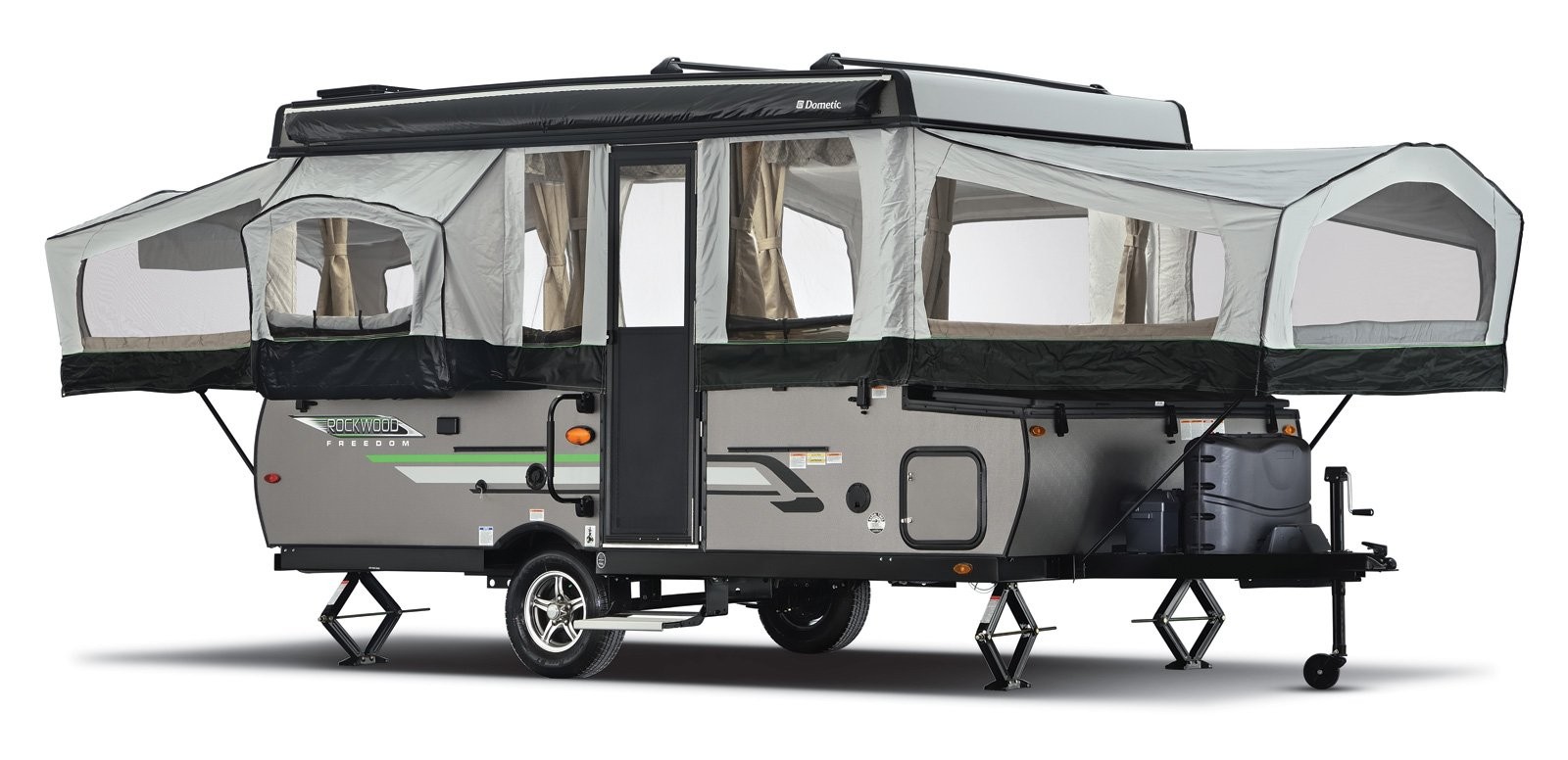
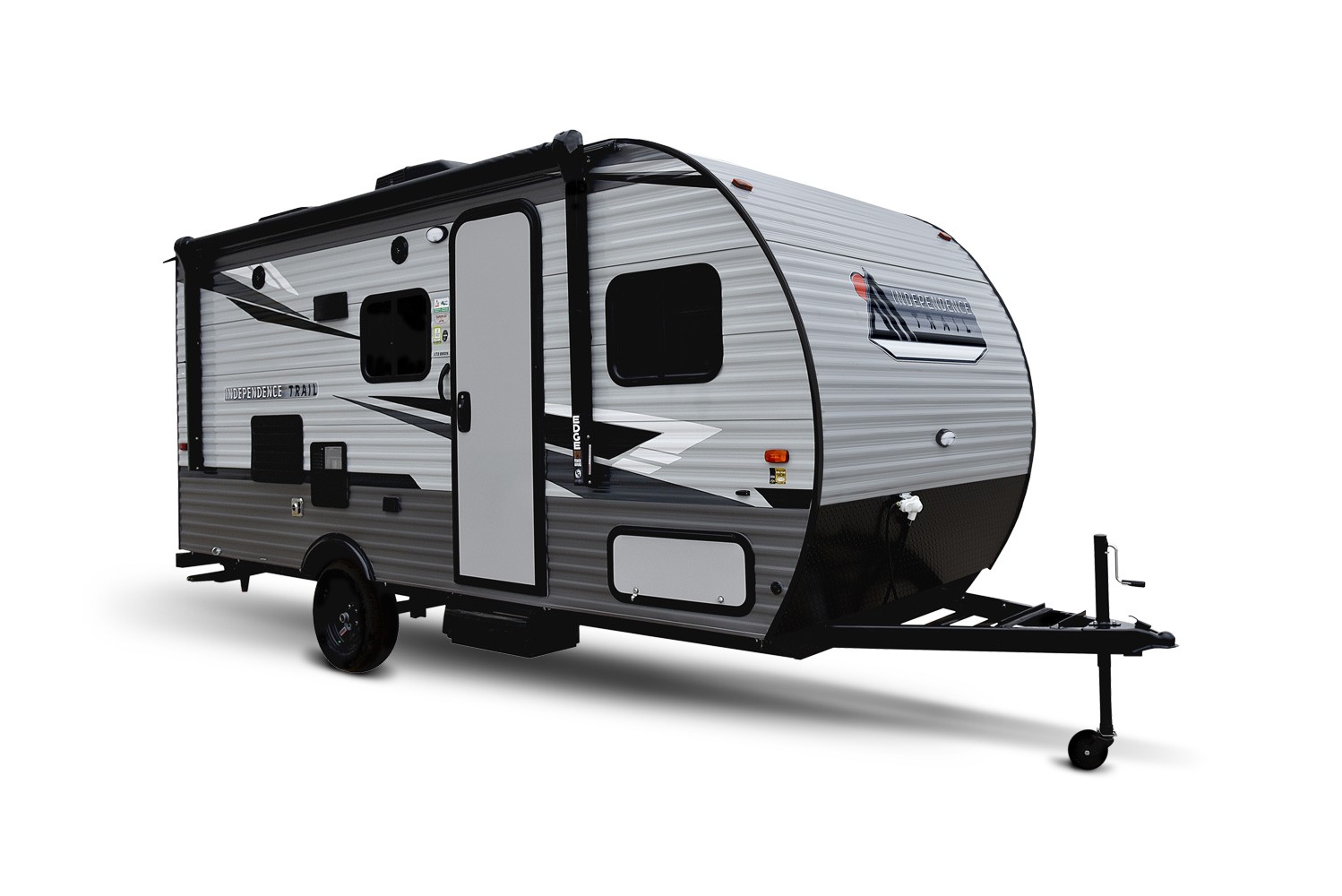
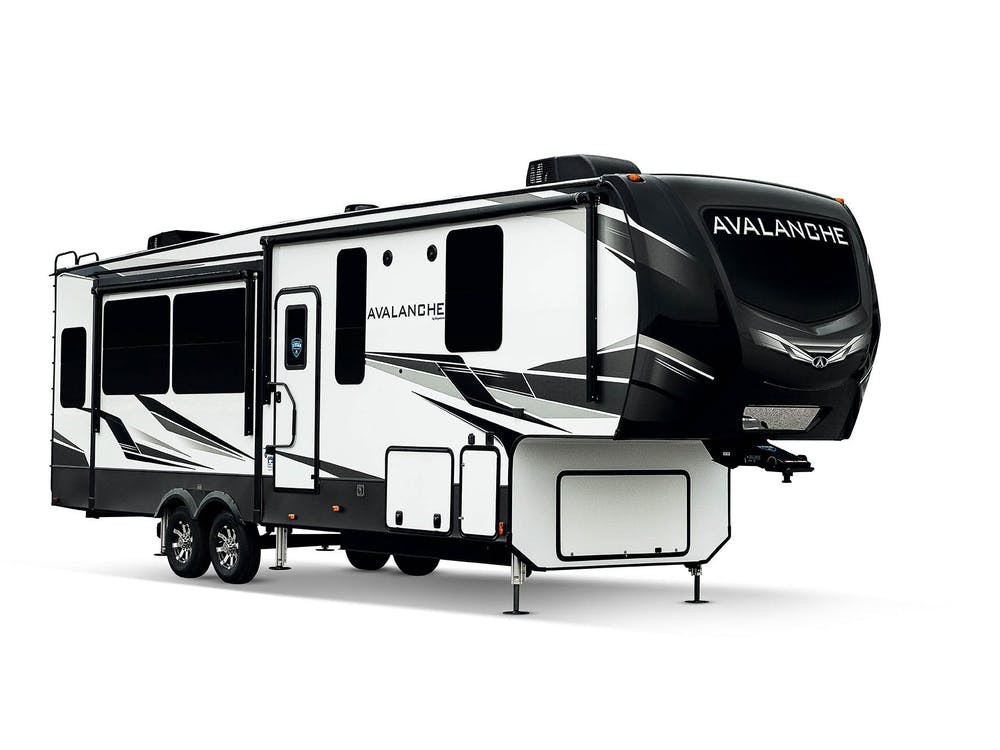
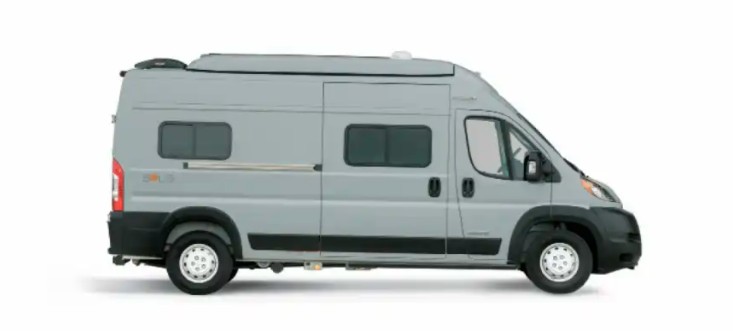
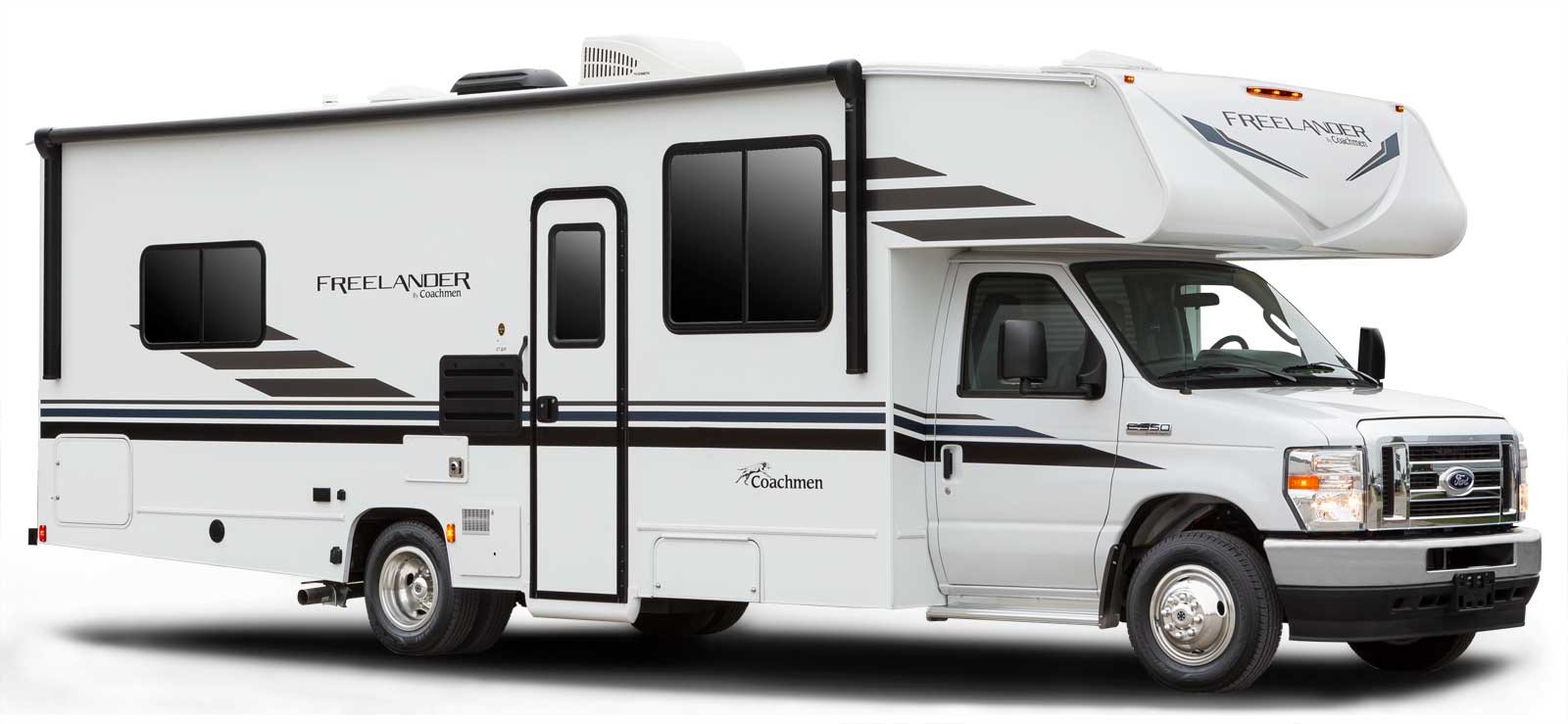
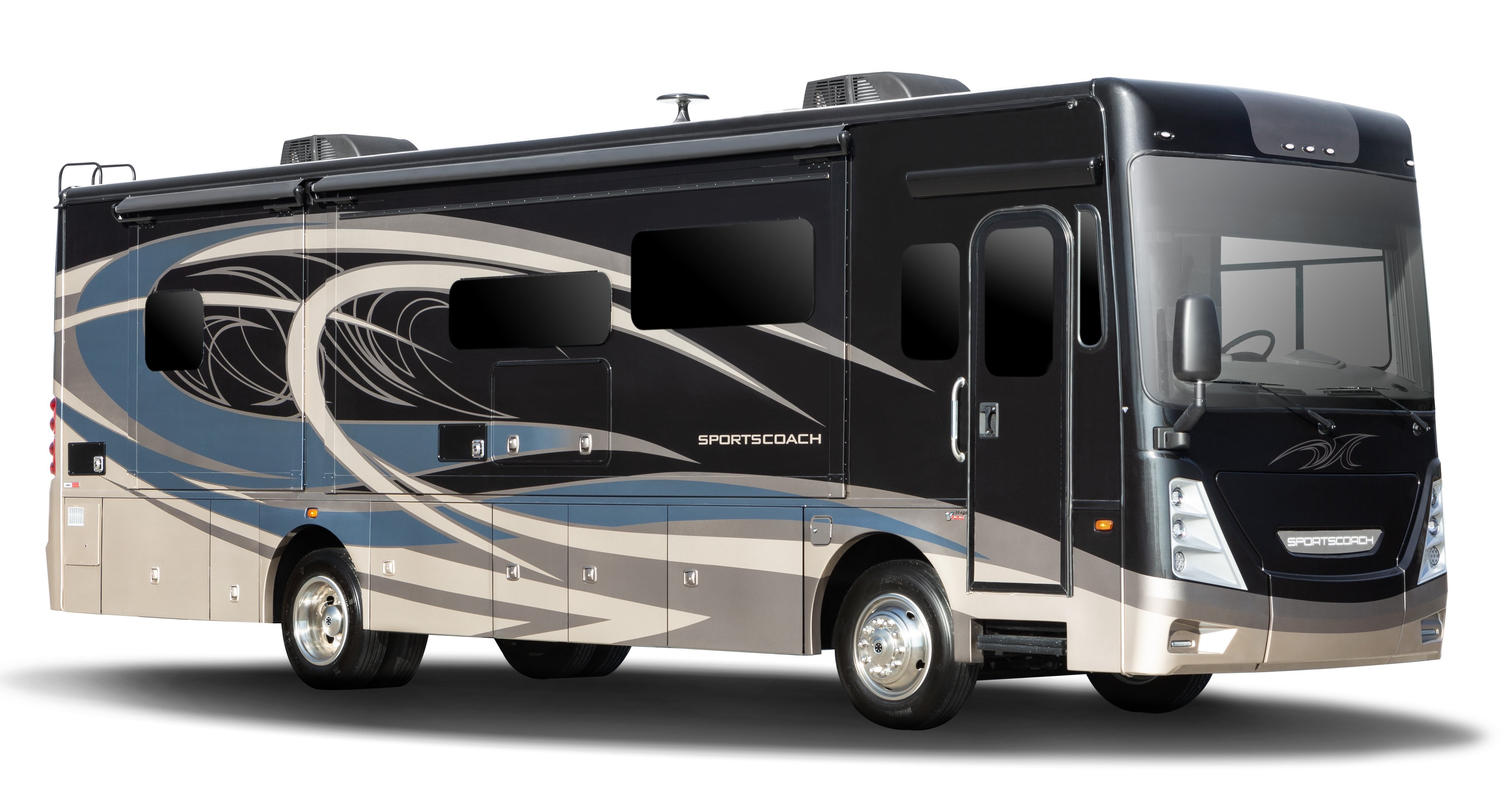
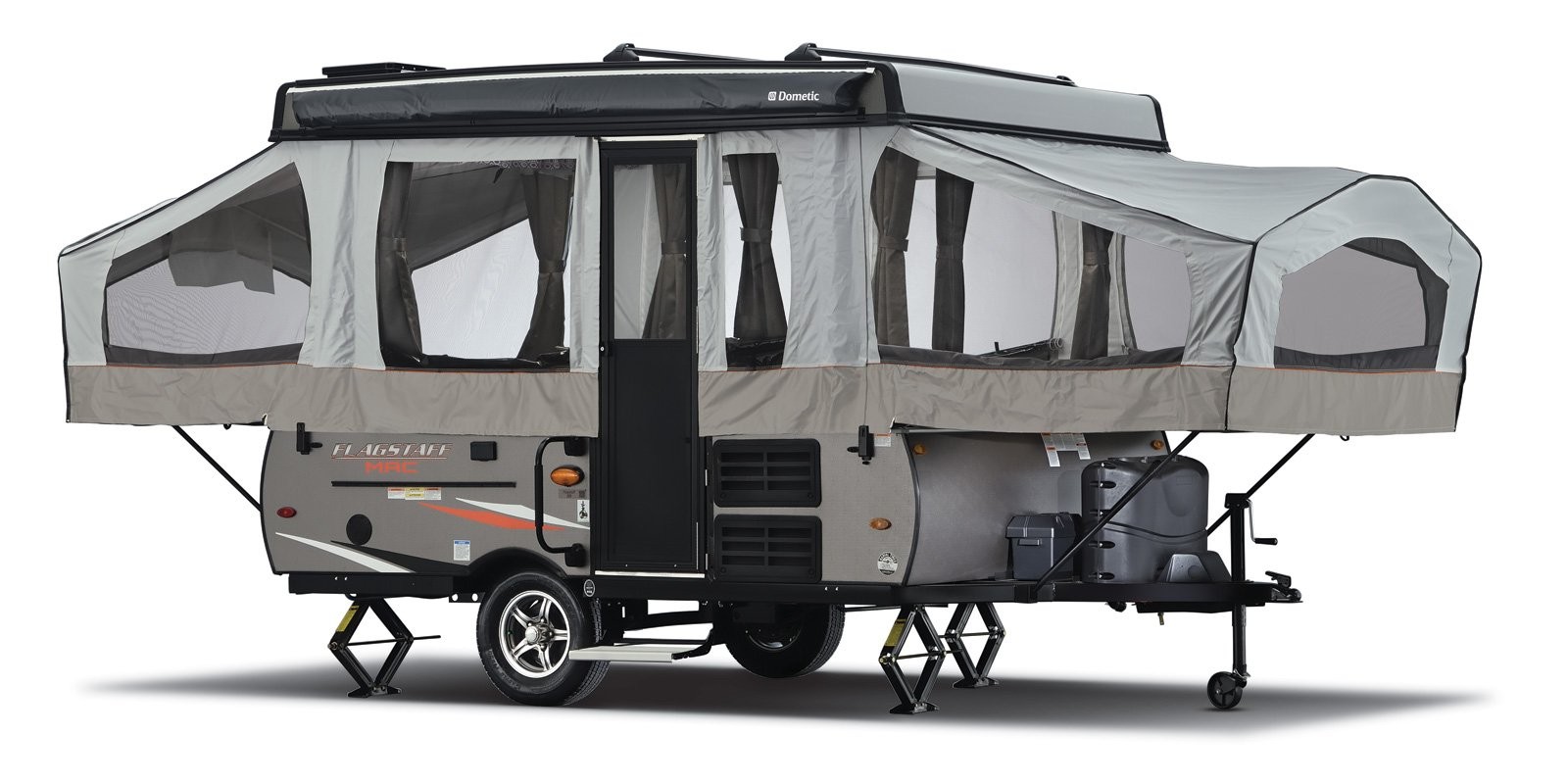
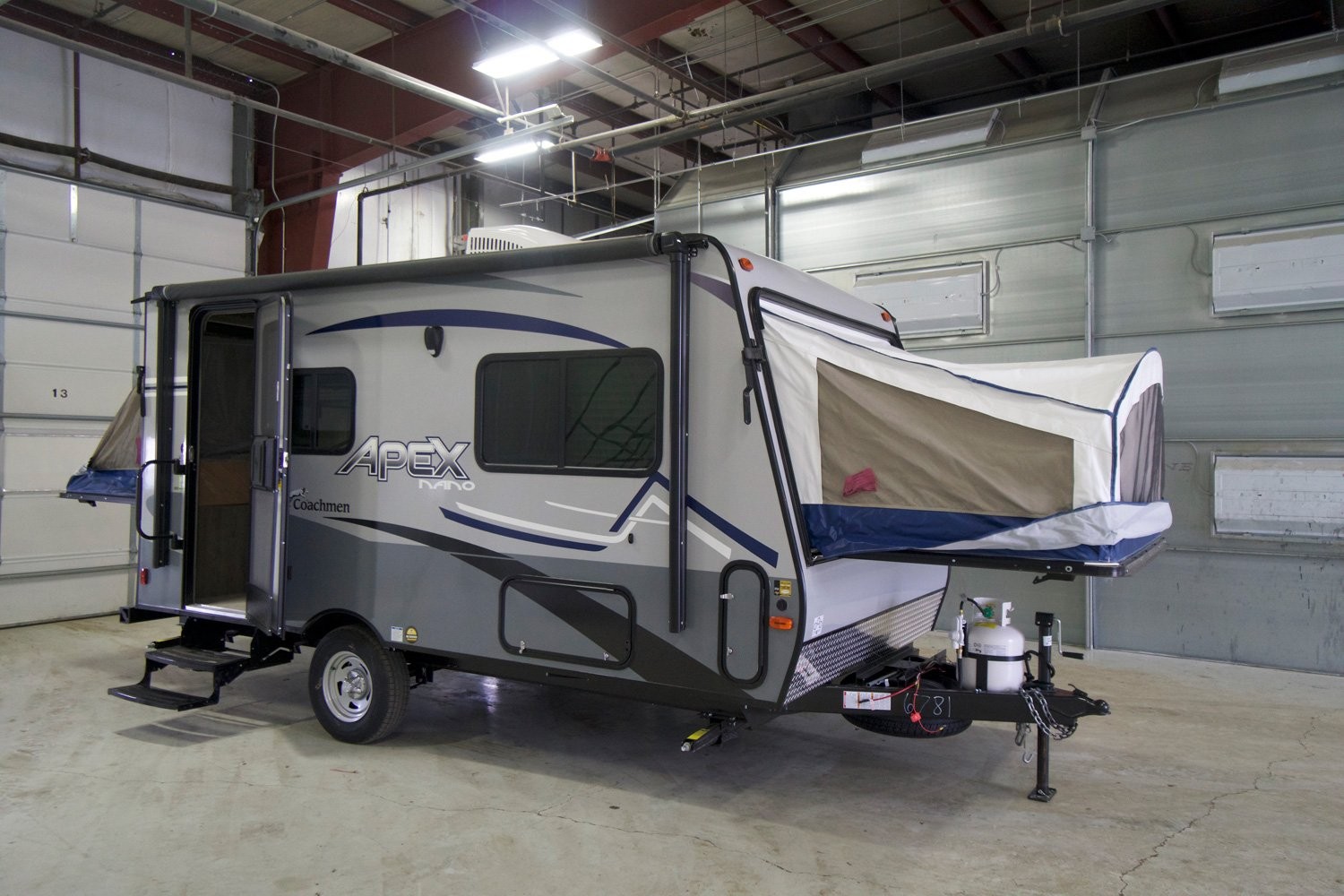
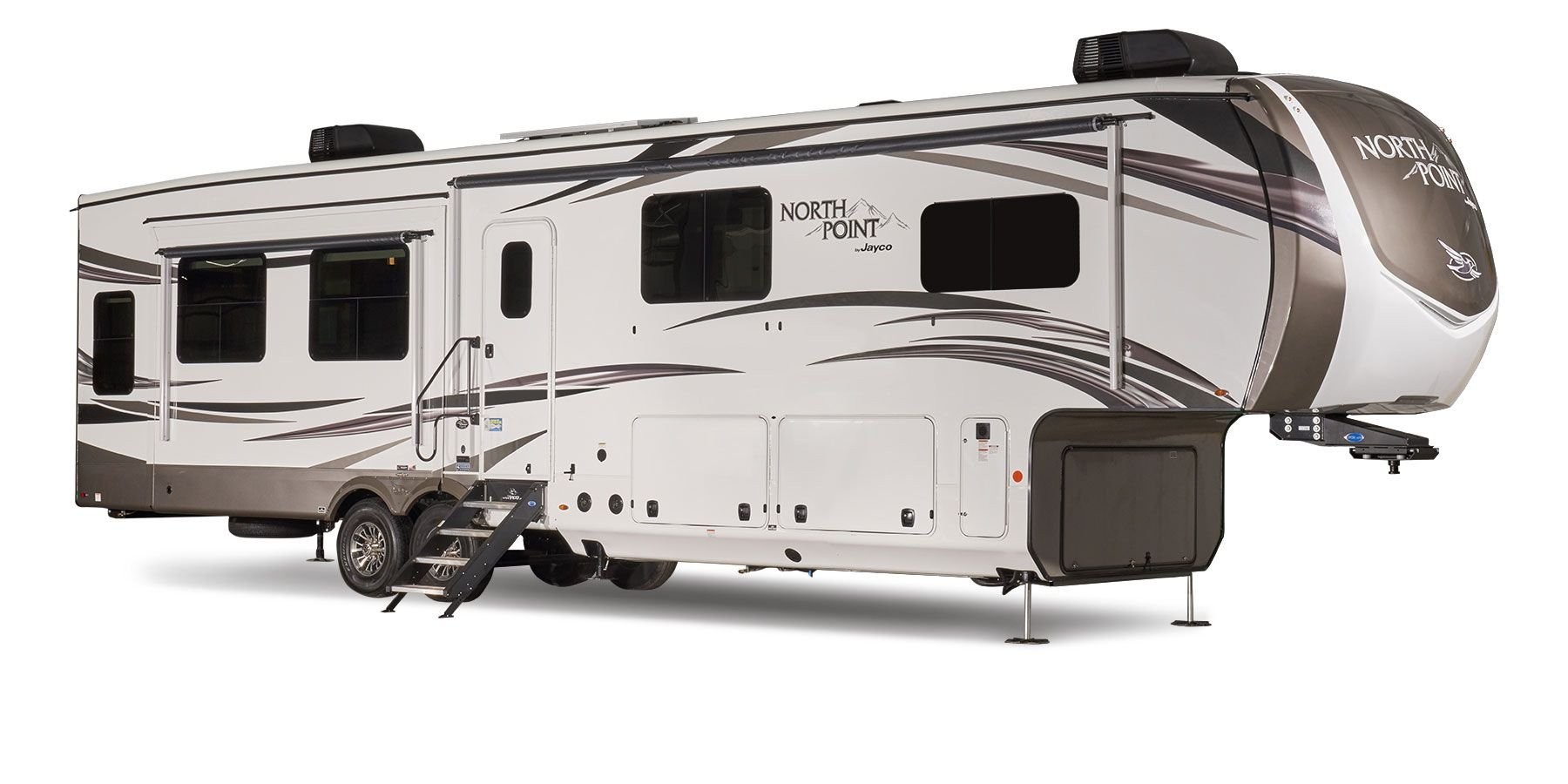
8. Expert RV Cost Consultation at HOW.EDU.VN
At HOW.EDU.VN, we understand that making informed decisions about RVs requires expert guidance. Our team of PhDs and specialists is dedicated to providing personalized advice tailored to your specific needs and circumstances. Here’s how we can assist you:
- Needs Assessment: We’ll help you evaluate your RV lifestyle, budget, and intended use to determine the most suitable type of RV for you.
- Cost Analysis: Our experts will conduct a comprehensive cost analysis, considering not only the initial purchase price but also ongoing expenses such as insurance, maintenance, fuel, and storage.
- Financing Guidance: We’ll provide insights into the best financing options for your RV purchase, including loan rates, terms, and eligibility requirements.
- Negotiation Strategies: Our experienced consultants will equip you with effective negotiation strategies to secure the best possible deal on your RV.
- Customization Recommendations: We’ll offer recommendations for RV add-ons and customizations that align with your lifestyle and budget, ensuring a comfortable and enjoyable travel experience.
- Ongoing Support: Even after your RV purchase, we’ll remain available to provide ongoing support and answer any questions you may have about RV ownership.
9. Benefits of Consulting HOW.EDU.VN for RV Costs
Consulting HOW.EDU.VN for your RV cost-related queries offers several significant advantages:
- Expertise: Our team comprises seasoned PhDs and RV specialists with in-depth knowledge of the industry.
- Personalized Guidance: We tailor our advice to your specific needs and circumstances, ensuring you receive relevant and actionable recommendations.
- Comprehensive Cost Analysis: We go beyond the initial purchase price to provide a holistic view of RV ownership costs.
- Objective Advice: Our consultants offer unbiased advice, free from any affiliations with RV dealerships or manufacturers.
- Time Savings: By leveraging our expertise, you can save valuable time and effort in researching and evaluating RV options.
- Cost Savings: Our negotiation strategies and financing guidance can help you save money on your RV purchase.
- Peace of Mind: With our expert support, you can make confident decisions about RV ownership, knowing you’re well-informed and prepared.
10. Contact HOW.EDU.VN for Expert RV Cost Consultation
Ready to embark on your RV journey with confidence? Contact HOW.EDU.VN today to connect with our team of expert consultants and receive personalized guidance on RV costs. Whether you’re a first-time buyer or an experienced RV enthusiast, we’re here to help you make informed decisions and achieve your RV dreams.
Address: 456 Expertise Plaza, Consult City, CA 90210, United States
WhatsApp: +1 (310) 555-1212
Website: HOW.EDU.VN
Don’t let the complexities of RV costs hold you back. Contact us today and let our experts guide you toward a rewarding and budget-friendly RV experience.
11. FAQs About RV Costs
Understanding the financial aspects of RV ownership is essential for anyone considering this lifestyle. Here are some frequently asked questions (FAQs) to provide clarity and guidance:
11.1. What Is the Average Cost of a New RV?
The average cost of a new RV varies significantly based on the type and class of the vehicle. Here’s a general overview:
- Pop-Up Campers: $9,000 – $20,000
- Travel Trailers: $15,000 – $60,000
- Fifth Wheels: $50,000 – $150,000+
- Class B Motorhomes (Camper Vans): $80,000 – $200,000
- Class C Motorhomes: $70,000 – $150,000
- Class A Motorhomes: $150,000 – $500,000+
These prices can fluctuate depending on the brand, features, and customization options.
11.2. What Are the Ongoing Costs of RV Ownership?
Besides the initial purchase price, RV owners should budget for several ongoing expenses:
- Insurance: $500 – $2,000 per year
- Fuel: Varies based on usage and fuel efficiency
- Maintenance: $500 – $1,000+ per year
- Storage: $50 – $500+ per month
- Camping Fees: $10 – $120+ per night
- Registration and Taxes: Varies by state
11.3. How Much Does RV Insurance Typically Cost?
RV insurance costs depend on several factors, including the type of RV, coverage options, driving record, and location. On average, expect to pay between $500 and $2,000 per year.
11.4. What Factors Affect the Price of an RV?
Several factors can influence the price of an RV:
- Type and Class: Different types of RVs (e.g., travel trailer, Class A motorhome) have varying price ranges.
- Size and Layout: Larger RVs with more amenities generally cost more.
- Features and Amenities: High-end features, such as advanced entertainment systems or luxury kitchens, increase the price.
- Brand Reputation: Well-known and reputable brands may command higher prices.
- New vs. Used: New RVs are typically more expensive than used ones.
- Market Demand: Prices can fluctuate based on current market demand.
11.5. Is It Cheaper to Live in an RV Than a House?
Whether living in an RV is cheaper than a house depends on various factors, including lifestyle, travel frequency, and RV type. While RV living can eliminate mortgage payments and property taxes, it introduces expenses like camping fees, fuel costs, and maintenance.
11.6. What Is the Best Time of Year to Buy an RV?
The best time to buy an RV is typically during the off-season (late fall or winter). Dealers may offer discounts to clear out inventory before new models arrive.
11.7. How Can I Save Money on RV Maintenance?
Here are some tips to save money on RV maintenance:
- Perform Regular Inspections: Catching minor issues early can prevent costly repairs.
- Follow the Maintenance Schedule: Adhering to the manufacturer’s recommended maintenance schedule helps keep the RV in good condition.
- Do It Yourself: Performing basic maintenance tasks, such as oil changes, can save on labor costs.
- Shop Around for Services: Compare prices from different RV service centers.
11.8. What Are Some Common RV Add-Ons and Their Costs?
Common RV add-ons and their estimated costs include:
- Solar Panel System: $500 – $5,000+
- Generator: $500 – $3,000+
- Awning: $500 – $2,000
- RV Cover: $100 – $500
- Backup Camera: $100 – $500
11.9. How Much Does It Cost to Rent an RV?
The cost to rent an RV varies depending on the type, size, rental duration, and location. On average, expect to pay between $75 and $200+ per night.
11.10. What Are the Benefits of Consulting an RV Cost Expert?
Consulting an RV cost expert offers several benefits:
- Informed Decision-Making: Receive accurate and reliable information to make informed decisions.
- Cost Savings: Identify opportunities to save money on your RV purchase and ownership.
- Personalized Guidance: Receive advice tailored to your specific needs and budget.
- Negotiation Support: Gain expert negotiation strategies to secure the best possible deal.
By addressing these FAQs, potential RV owners can gain a clearer understanding of the financial aspects of RV ownership and make informed decisions. Remember, HOW.EDU.VN is here to provide expert guidance and support throughout your RV journey.
Considering the RV lifestyle? Understanding the costs is the first step. But knowing how to navigate the complexities of financing, maintenance, and unexpected repairs is where HOW.EDU.VN can truly assist. Our expert PhDs are available to provide personalized consultations, ensuring you’re fully prepared for the open road. Don’t let financial uncertainties hold you back from your travel dreams. Contact how.edu.vn today for expert RV cost consultation.
